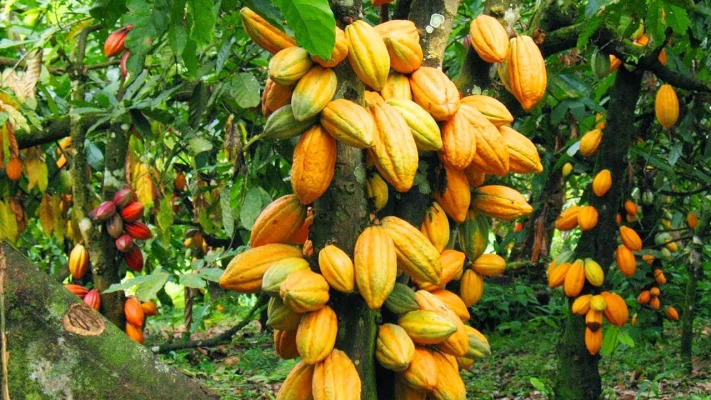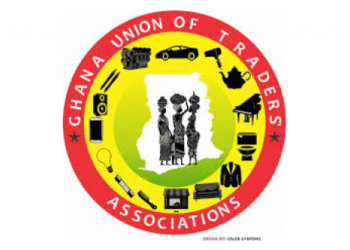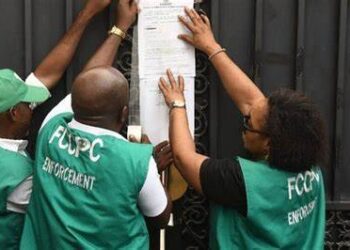Ghana is known for her mass cocoa production in the West African sub region. The cocoa crop has not only shaped her economic landscape but also holds cultural significance embedded deep within her rural communities.
Spread across the regions of Eastern, Ashanti, Brong Ahafo, Volta, Central, and Western North and South, cocoa cultivation engages approximately 850,000 farming families. These families have historically relied on cocoa farming as a means of sustenance, with the crop itself generating an impressive $2 billion in foreign exchange annually and contributing significantly to Ghana’s Gross Domestic Product (GDP).
However, in recent years there has been a troubling trend. Cocoa production, once a source of prosperity for Ghanaian farmers, has experienced a marked decrease.
In an interview with RGGNEWS, Stephenson Anane Boateng, President of the Ghana National Cocoa Farmers Association (GNACOFA), lamented, “Cocoa production in Ghana is decreasing,” pointing out several factors contributing to this decline, including global market fluctuations, technical challenges, and concerns over the treatment of farmers by authorities.
He highlighted the disconnect between the toil of the farmers and the support they receive and underscored the essential role of COCOBOD, Ghana’s Cocoa Board, in revitalizing the industry and supporting farmers with adequate motivation and financial support to improve yields.
Among the challenges faced by cocoa farmers, environmental concerns loom large. The practice of galamsey, illegal mining that damages the land, poses a significant threat to cocoa farms, worsening environmental degradation and hindering sustainable farming practices.
Despite efforts to adopt modern techniques promoted by COCOBOD, such as better agricultural practices, farmers continue to struggle to meet previous production levels. The President stated, “Farmers are expected to produce an average of 10 bags per hectare, but many now struggle to achieve even half of that.”
Global matters, particularly fluctuations in the global cocoa market, exert an influence on Ghana’s cocoa production landscape. Variations in international cocoa prices directly impact the income of Ghanaian farmers, determining their profitability and economic stability. Market volatility can discourage investment in the sector, affecting productivity and quality standards.
As Ghana grapples with these challenges, the future of its cocoa industry hangs in the balance. The decline in cocoa production not only impacts the economy but also threatens the communities dependent on cocoa farming. With global demand for chocolate and cocoa products showing no signs of fading, the stakes are high for Ghana to regain her position as a leading cocoa producer.
The journey ahead is fraught with challenges but also holds promise for innovation and sustainable growth in this vital sector of Ghana’s economy. Policymakers and industry leaders must deliberate on strategies to revitalize cocoa production for a prosperous future for Ghanaian cocoa farmers and sustain the country’s legacy as a global cocoa powerhouse.
















